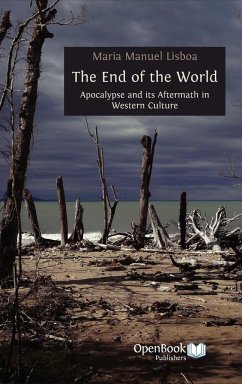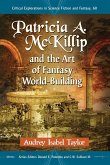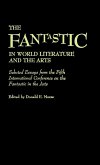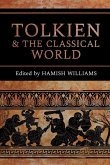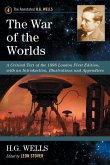Our fear of the world ending, like our fear of the dark, is ancient, deep-seated and perennial. It crosses boundaries of space and time, recurs in all human communities and finds expression in every aspect of cultural production - from pre-historic cave paintings to high-tech computer games. This volume examines historical and imaginary scenarios of apocalypse, the depiction of its likely triggers, and imagined landscapes in the aftermath of global destruction. Its discussion moves effortlessly from classic novels including Aldous Huxley's Brave New World, George Orwell's Nineteen Eighty-Four and Margaret Atwood's Oryx and Crake, to blockbuster films such as Blade Runner, Armageddon and Invasion of the Body Snatchers. Lisboa also takes into account religious doctrine, scientific research and the visual arts to create a penetrating, multi-disciplinary study that provides profound insight into one of Western culture's most fascinating and enduring preoccupations.
Hinweis: Dieser Artikel kann nur an eine deutsche Lieferadresse ausgeliefert werden.
Hinweis: Dieser Artikel kann nur an eine deutsche Lieferadresse ausgeliefert werden.

